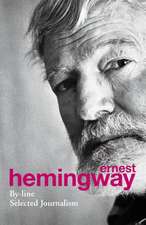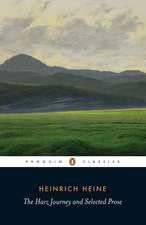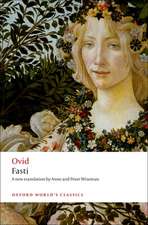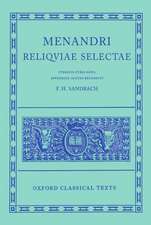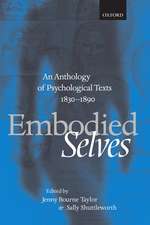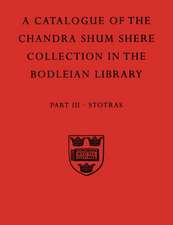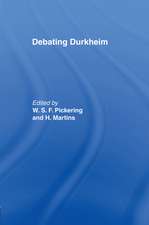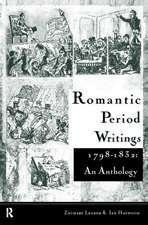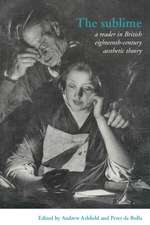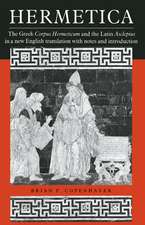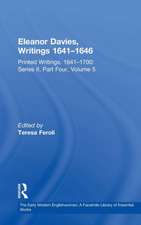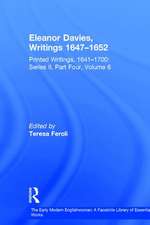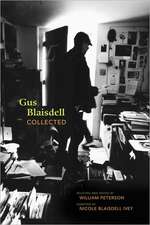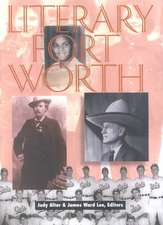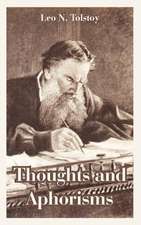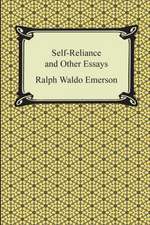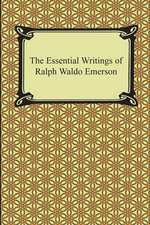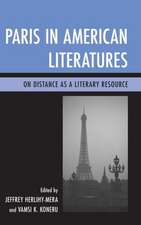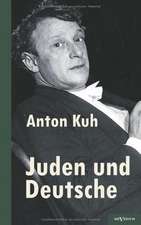Eleanor Davies: Printed Writings 1500–1640: Series I, Part Two, Volume 3: The Early Modern Englishwoman: A Facsimile Library of Essential Works & Printed Writings, 1500-1640: Series I, Part Two
Autor Teresa Ferolien Limba Engleză Hardback – 19 iul 2000
Preț: 246.88 lei
Preț vechi: 296.80 lei
-17% Nou
Puncte Express: 370
Preț estimativ în valută:
47.24€ • 49.69$ • 39.47£
47.24€ • 49.69$ • 39.47£
Carte tipărită la comandă
Livrare economică 09-23 ianuarie 25
Preluare comenzi: 021 569.72.76
Specificații
ISBN-13: 9781840142167
ISBN-10: 1840142162
Pagini: 160
Dimensiuni: 189 x 246 mm
Greutate: 0.5 kg
Ediția:1
Editura: Taylor & Francis
Colecția Routledge
Seria The Early Modern Englishwoman: A Facsimile Library of Essential Works & Printed Writings, 1500-1640: Series I, Part Two
Locul publicării:Oxford, United Kingdom
ISBN-10: 1840142162
Pagini: 160
Dimensiuni: 189 x 246 mm
Greutate: 0.5 kg
Ediția:1
Editura: Taylor & Francis
Colecția Routledge
Seria The Early Modern Englishwoman: A Facsimile Library of Essential Works & Printed Writings, 1500-1640: Series I, Part Two
Locul publicării:Oxford, United Kingdom
Cuprins
Contents: Introductory note: Warning to the Dragon; All the kings of the earth shall prayse thee; Woe to the House.
Descriere
Little is known of the upbringing of Lady Eleanor Davies, what is known is that her life was mired in both flamboyant personal conflict and in the notoriety of the Castlehaven scandal (resulting in the execution of her brother), and that her writings were embroiled in political affairs. Married in 1609 to Sir John Davies, her husband tried to discourage her prophetic writing and burned her early treatises. Her second husband, Sir Archibald Douglas was equally critical. Once free from the censorship of her husbands, her prophetic career spanned the years between 1625 and 1652. During that time she published some 69 treatises, spent years in prison, and some time in Bedlam, and made astonishing predictions on a wide range of subjects. Viewed as both an inspired seer and a mad ’ladie’ by her contemporaries, Lady Eleanor has received a great deal of scholarly attention, not least of all because of her densely allusive and complex prose style. Reproduced here is the 1625 treatise A Warning to the Dragon and all his Angels which is a classic example of the kind of apocalyptic writing that predominates in late-sixteenth- and early-seventeenth-century England. All the kings of the earth shall prayse thee (1633) is one of three texts that Lady Eleanor had printed in Amsterdam and is an exegetical treatise on the visions of Daniel. Woe to the House (1633) is the first of Lady Eleanor’s four treatises that defended the innocence of her brother, Mervin Touchet.
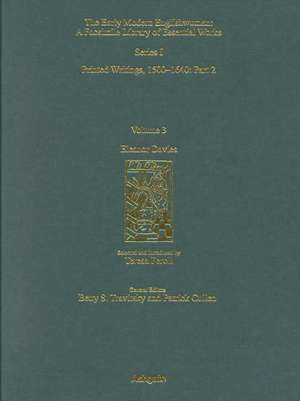




![The Poets, Isabella Whitney, Anne Dowriche, Elizabeth Melville [Colville], Aemilia Lanyer, Rachel Speght, Diane Primrose and Anne, Mary and Penelope Grey: Printed Writings 1500–1640: Series I, Part Two, Volume 10](https://i3.books-express.ro/bs/9781840142235/the-poets-isabella-whitney-anne-dowriche-elizabeth-melville-colville-aemilia-lanyer-rachel-speght-diane-primrose-and-anne-mary-and-penelope-grey.jpg)







